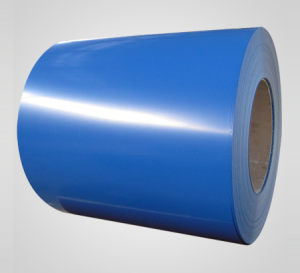304 Stainless Steel
Stainless steel 304 is an austenitic grade of stainless steel that contains high nickel content, typically somewhere between 8 and 10.5 percent by weight and a high amount of chromium that comprises approximately 18 to 20 percent by weight.
304 Stainless steel - the choice of high-quality stainless steel
304 stainless steel is the most commonly used austenitic stainless steel, which is widely used for its corrosion resistance, high strength and easy processing.
Its main characteristics include:
- Corrosion resistance: Contains 18% chromium and 8% nickel, can resist moisture, acid, alkali and oxidation, suitable for food processing, chemical equipment, etc.
- Strength and durability: High tensile strength, yield strength of 205 MPa, suitable for high stress or harsh environment.
- Easy processing: Suitable for processing methods such as stamping and bending, with good welding performance.
Heat resistance: Maintains antioxidant ability below 870°C, suitable for high temperature environment. - Aesthetics: Smooth surface, easy to clean, often used in construction and decoration.
Food safety: Non-toxic and odorless, in line with food safety standards. - Economical: Durable, low maintenance cost, cost-effective for long-term use.
Due to its comprehensive excellent performance, 304 stainless steel is widely used in fields that require corrosion resistance, heat resistance and easy cleaning.
What is 304L stainless steel?
304L stainless steel is a low-carbon version of 304 stainless steel, with a lower carbon content (up to 0.03%), which makes it more resistant to intergranular corrosion after welding. The main differences include:
Chemical composition: 304L has a lower carbon content than 304, which reduces the precipitation of carbides during welding and improves corrosion resistance.
Welding performance: 304L is not as prone to stress corrosion as 304 after welding, so it is more suitable in applications that require welding.
Application areas: 304L is often used in fields such as chemical, petroleum, marine engineering, food processing and medical equipment, especially in highly corrosive environments.
In general, 304L stainless steel is suitable for occasions with high requirements for welding and corrosion resistance.






